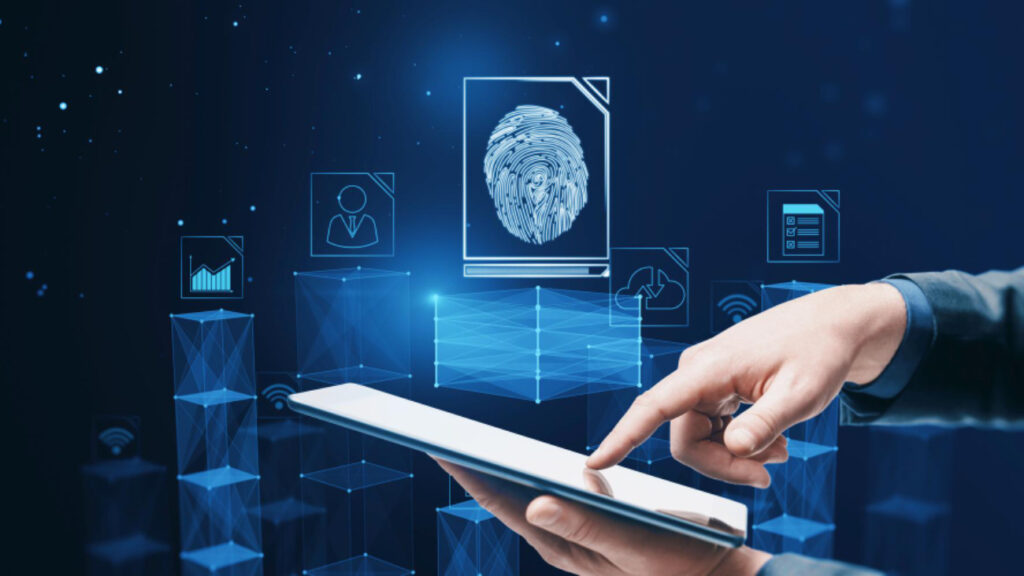If you are paranoid about data privacy in the era of social media and online identities, you are not alone noted Bahaa Abdul Hadi. It has become commonplace to read about data leaks everyday on the news. Everything from passwords to social security numbers are being targeted by cyber criminals. As threats in the virtual realm evolve, so should our security solutions. Identity and access management (IAM) has been enhancing its security and tech solutions in recent times to address these concerns. The following are the top areas which show promising forecasts in the field of identity management.
Decentralised systems
With the advent of blockchain technologies in the last couple of years, more organizations have been inspired to harness their popularity for identity management. Using a decentralised identity management system comes with a number of advantages in the face of increasing information breaches and digital identity-related crimes. It helps in preserving the users’ identities as they are the ones who are in control of their confidential data.
Biometrics
The growth of biometrics in identity management has been growing at impressive rates in recent years. There is progress in both physiological and behavioral biometrics to identity people and catch miscreants. This includes voice, iris, fingerprint, hand, face, DNA, signature, keystroke and newer subfields like gait recognition, thermal biometrics and vein analysis.
Artificial Intelligence
The use of Artificial Intelligence to power the tech behind identity management systems will soon change the game in user verification. A.I. employs cutting-edge identity authorization methods to authenticate users with flawless precision. Moreover, it can constantly learn from millions of user behaviours to predict and shield against cyber attacks before they even happen.
Upgraded MFA
Multi-factor authentications and 2-step verifications do provide decent protection against threats but these days cyber criminals are evolving to circumvent even them. Therfore, bolstering the existing MFA protocols is a more foolproof way to protect our data. This means in addition to requiring an one-time password for access, they should screen information about the users such as IP addresses, location and the device they’re using.
Hybrid systems
With most identity and access management systems having gone completely cloud-computed, it is good practice to draw on the best characteristics of both existing and cloud management. This means prompting for authorization of a person’s identity at every point of usage. From logging in to accessing information throughout the day, everything will be authenticated on a need-to-know basis. This helps perform regular checks and protect an organization against unseen cyber attacks.
Thank you for your interest in Bahaa Abdul Hadi Blogs. For more information, please visit www.bahaaabdulhadi.com







